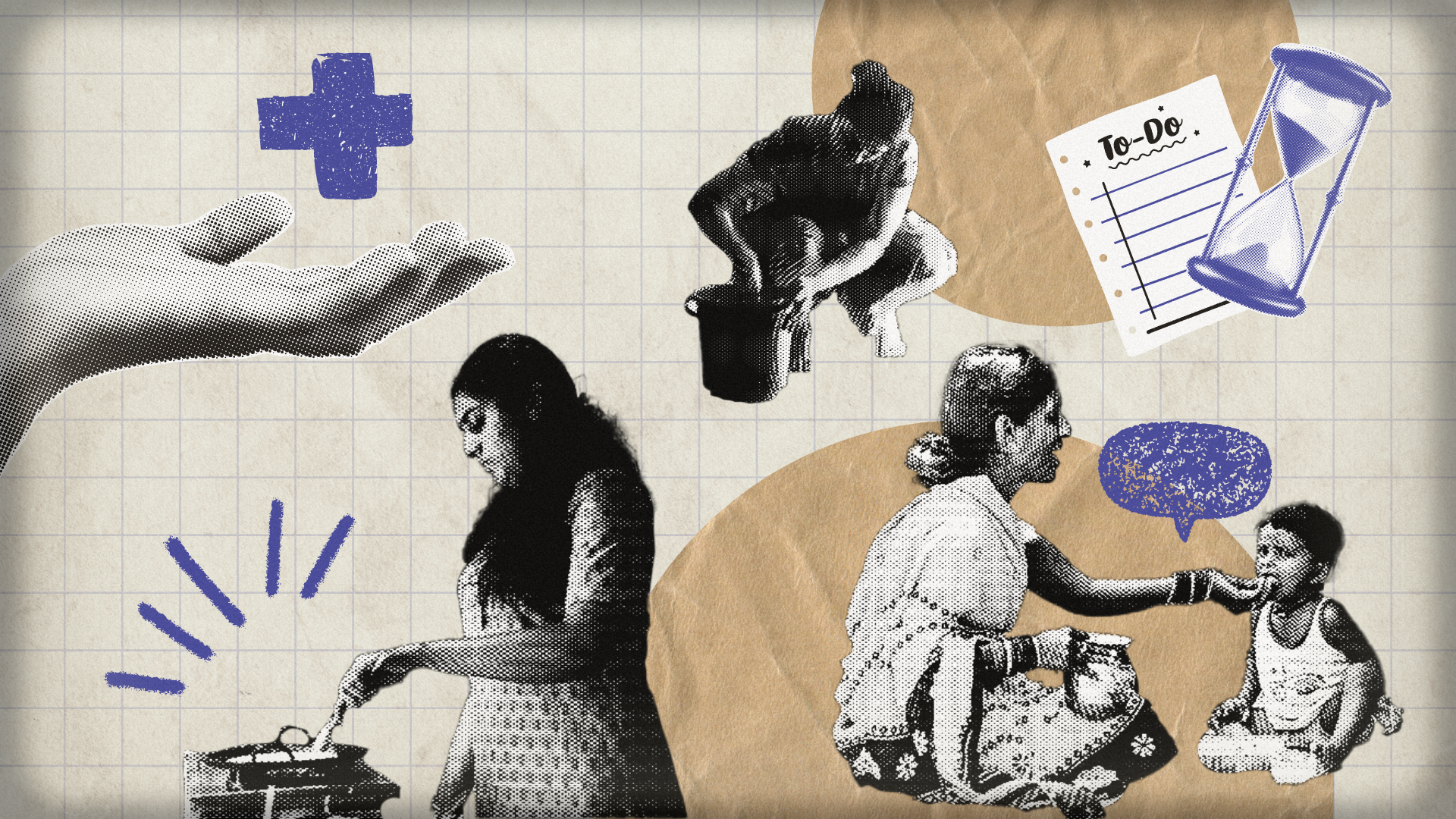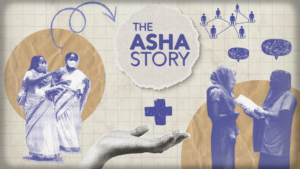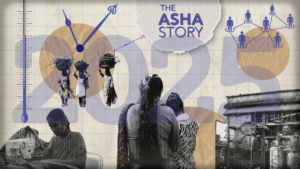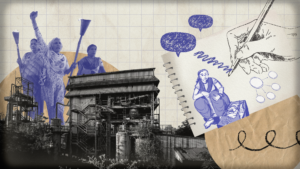[Readmelater]
Postscript: Learning To Care About ‘Care’ As India’s Future Of Work
Support BehanBox
We believe everyone deserves equal access to accurate news. Support from our readers enables us to keep our journalism open and free for everyone, all over the world.








